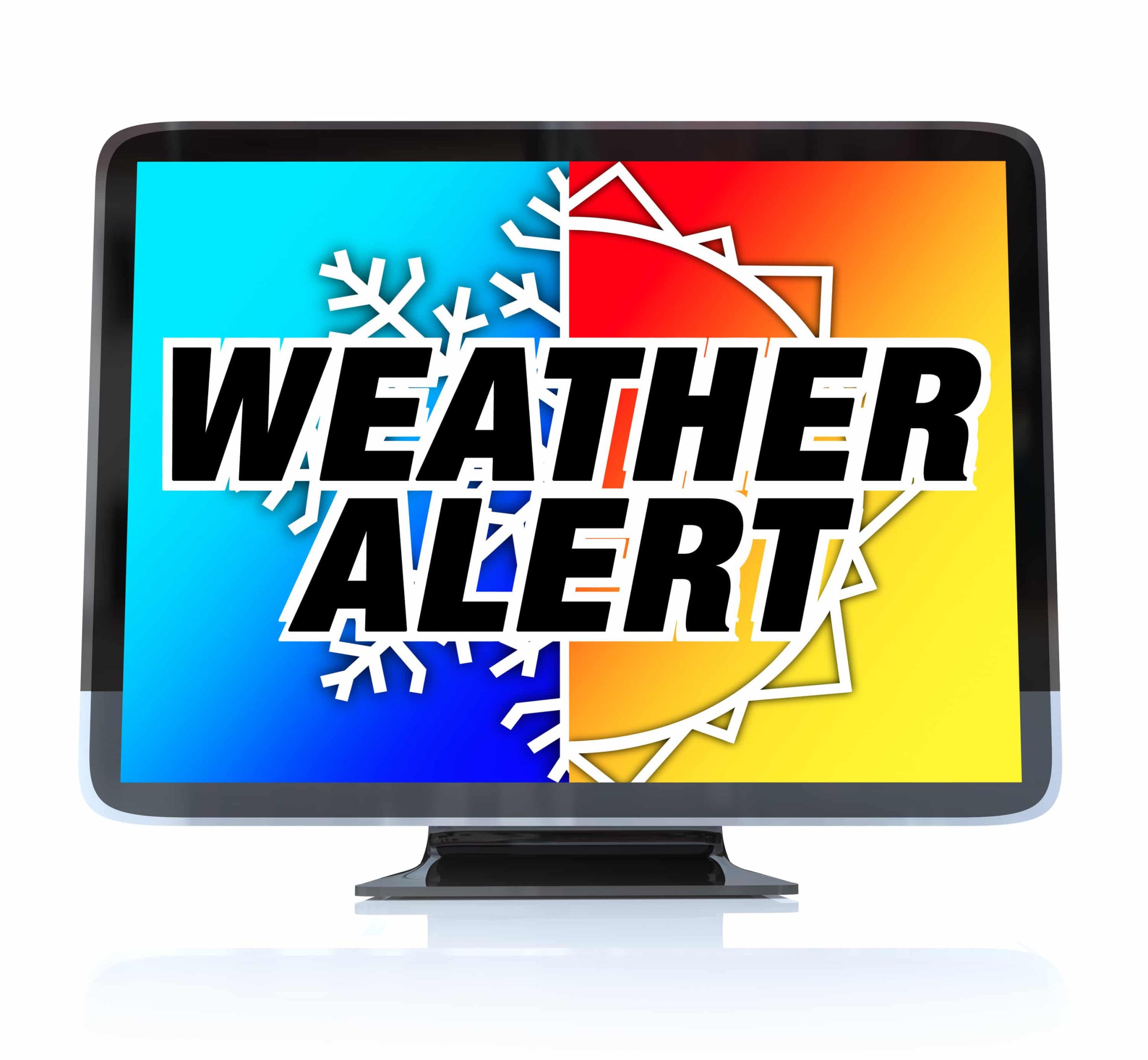
Breathing Easier on Air Quality Alert Days
Have you ever checked the weather forecast and seen a message that says “Air Quality Alert”? Or maybe it said something like “High Ozone Day” or “Code Orange Air Day”? These are all terms that are used to warn you that there may be potentially hazardous levels of pollution in the air outside.
For instance, on June 8, 2018, the National Weather Service issued an Air Quality Alert for Madison and Morgan counties here in Alabama. According to the NWS, this alert means that “ground level ozone or particulate matter concentrations are expected to reach levels that are unhealthful for sensitive groups.”
To help you breathe easier on Air Quality Alert days, let’s talk about what the dangers are, who is at the highest risk, and how to reduce the potential for harm.
See Also: Air Conditioning and Your Health
Ground Level Ozone
Whenever we talk about ozone, it’s important to remember that ozone (O3) plays two very different roles in our atmosphere. First, there’s the ozone that forms a layer high up in the atmosphere. That ozone layer is extremely important and beneficial because it shields the Earth from the sun’s harmful radiation.
We want to protect the layer of ozone high up in the atmosphere—it’s good for us! But then there’s the second kind of ozone, and that’s the ozone gas that’s down here at ground level.
Ground level ozone is not good for us. This ozone gas is formed by chemical reactions between sunlight and other types of air pollution emitted by cars, power plants, and other sources. That’s why air quality alerts in the Tennessee Valley tend to occur on sunny summer days.
See Also: HVAC and the Ozone
How the Ozone Effects Your Health
Ground level ozone can have seriously harmful effects on the respiratory system. According to the Environmental Protection Agency, exposure to ozone can cause respiratory irritation, with symptoms like coughing, wheezing, and chest tightness.
Ozone can cause more serious health effects too. The EPA explains that exposure to ozone gas can reduce lung function and even cause permanent scarring inside the lungs. It can worsen the symptoms of chronic respiratory ailments including asthma and emphysema. And it can make people more susceptible to lung infections.
At high enough exposures, ozone gas can be harmful to anyone, but certain groups are more sensitive and at higher risk. These include children and teens, especially because they tend to play outside and so have more exposure. Seniors also have a higher risk, often because they already have other lung conditions.
Obviously, anyone with asthma, emphysema, or other respiratory issues needs to be particularly careful on high-ozone days. It is also dangerous for otherwise healthy adults who’re very active outside, like runners.
The best way to reduce your exposure to ozone on Air Quality Alert days is to stay inside as much as possible. Unlike some other common pollutants, ozone does tend to be significantly lower indoors than it is outdoors. Keep your windows closed at home and when you’re in your car.
Martha White of the American Academy of Allergy, Asthma and Immunology also recommends being careful to stay hydrated on Air Quality Alert days. Dehydration is bad for your lung function. And if you have any respiratory conditions, like asthma, make sure you have your medications handy in case you need them.
See Also: Why Do You Need Indoor Air Quality Products?
Particulate Matter
As the NWS indicates, the other type of air pollution you have to watch out for on Air Quality Alert days is particulate matter. This is air pollution in the form of tiny particles, often less than 2.5 microns in diameter.
The smaller the particles, the more dangerous they are, because they can get deeper into your respiratory system. Some particles can even pass through your lungs into your bloodstream, affecting your heart.
Particulate matter can come from a wide range of sources, including smoke from fires and smokestacks, exhaust from motor vehicles, dust from roads and construction sites, and other industrial activities.
See Also: Are All Air Filters the Same?
Particulate Matter and Your Health
However the particulate matter gets into the air, it can cause serious health effects when it gets into your respiratory system. These include coughing, shortness of breath, chest pain, heart palpitations, fatigue, and even death, particularly in the groups most at risk.
People with pre-existing heart or lung conditions are the most at risk from particulate matter, but otherwise healthy older adults and children can be at higher risk too. Like ground level ozone, particle pollution worsens the symptoms of chronic respiratory diseases including asthma, and makes people more susceptible to lung infections.
Staying inside can reduce your exposure to particulate matter pollution on Air Quality Alert days. Elevated levels of particulate matter outside usually leads to elevated levels indoors as well.
This is where indoor air quality products such as filtration devices and electronic air cleaners can be very helpful. For instance, the PristineAir Polarized-Media Electronic Air Cleaner captures 97% of particles as small as 0.3 microns. It can capture smaller particles as well.
Likewise, the Aprilaire Model 5000 Air Purifier can capture particles as small as 0.1 microns. These electronic air cleaners can reduce the harmful particulate matter in your indoor air. This allows you to breathe easier in your home, even on Air Quality Alert days.
See Also: Contact Us


